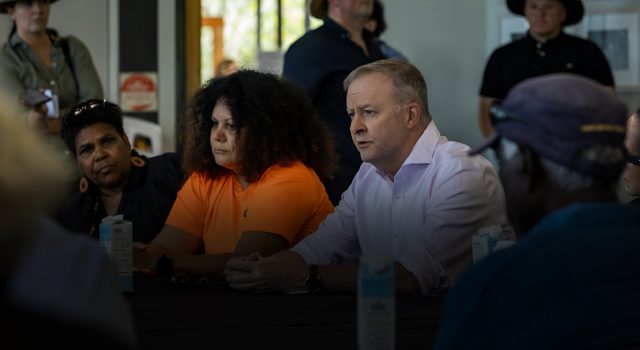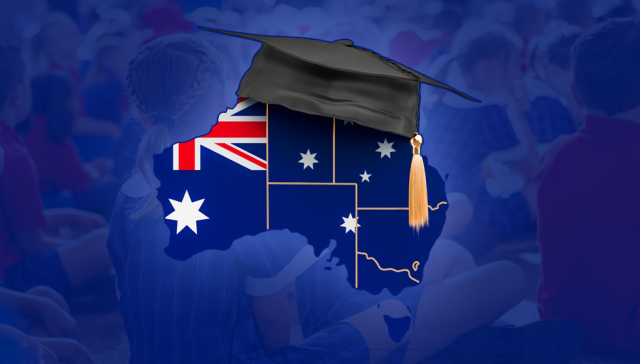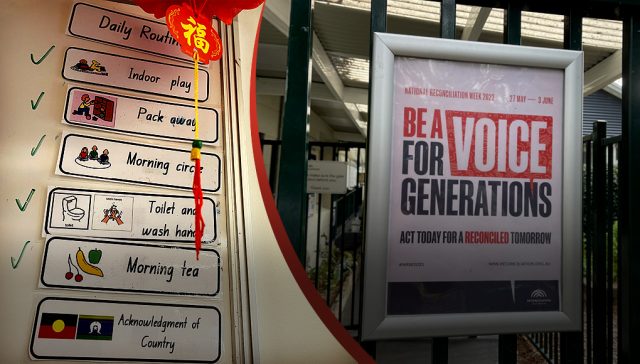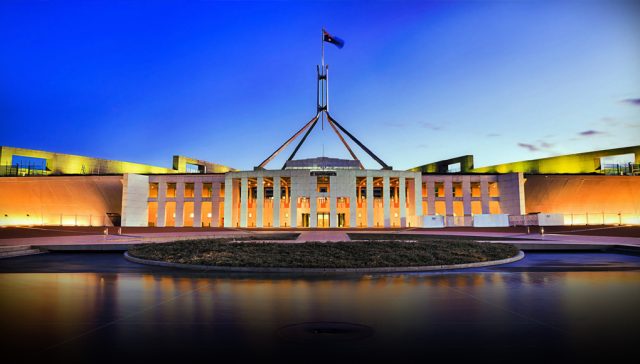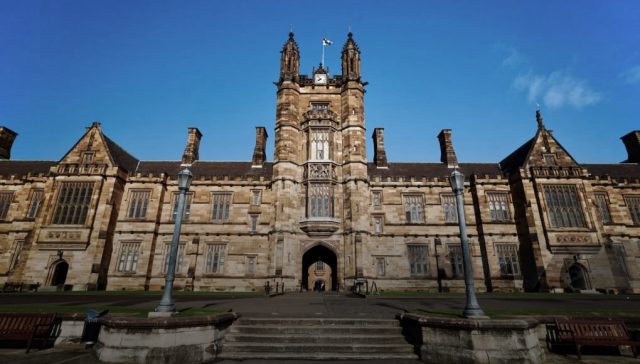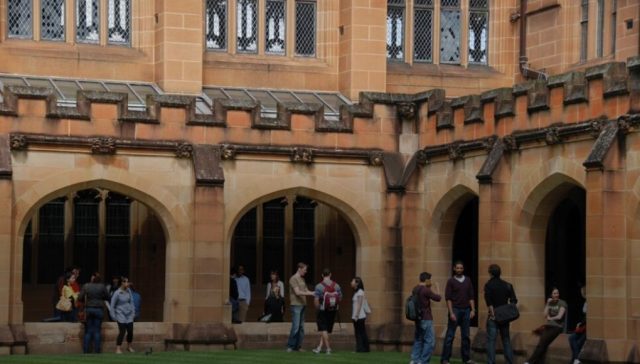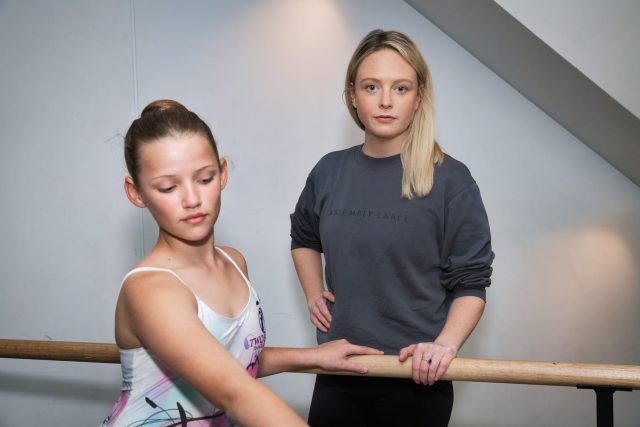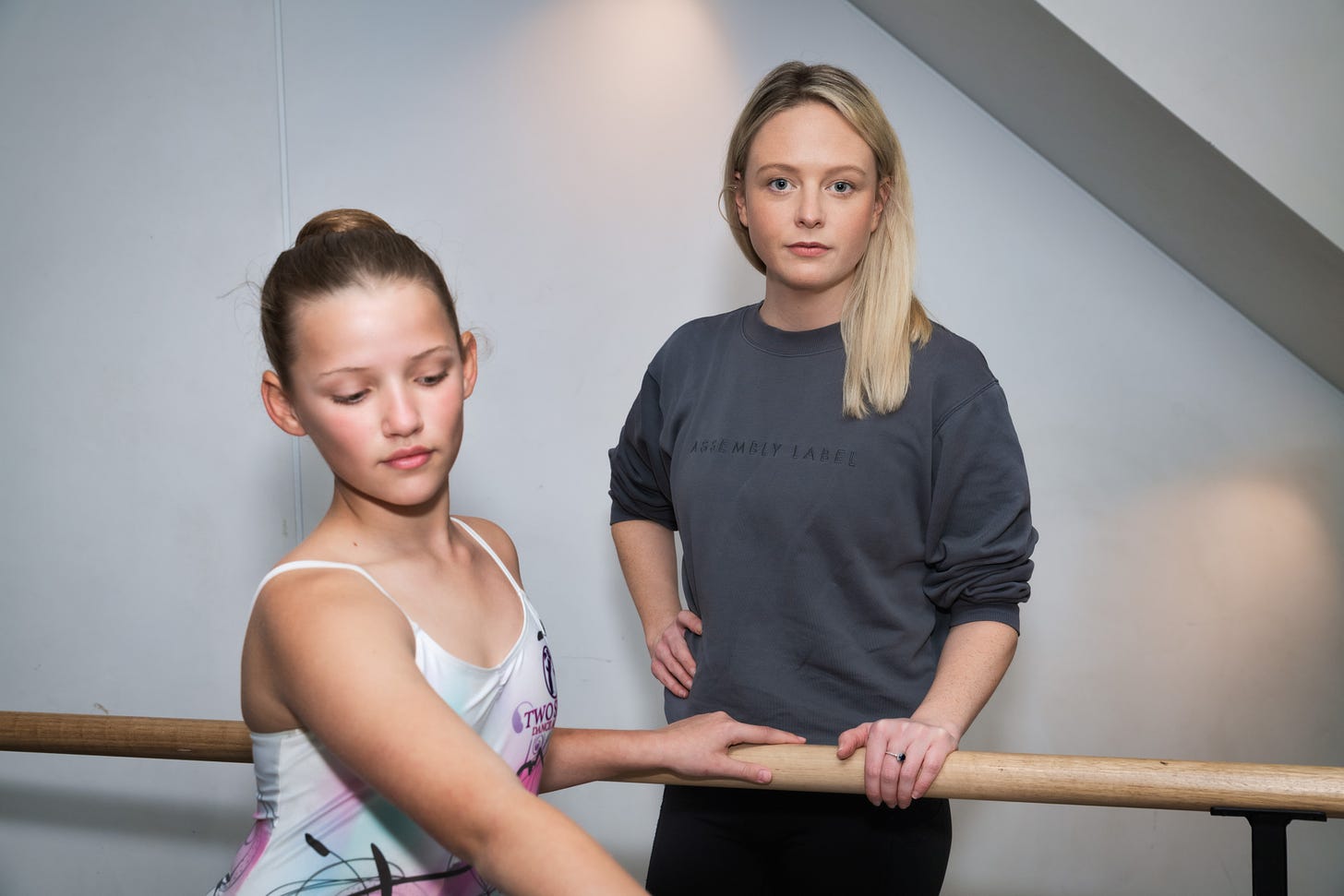Welcome to Borroloola Land
Every failure in Aboriginal affairs creates an opportunity to offer a shiny new bauble to public servants and the journalistic cheer squad. Last weekend, in light of the failure of the Voice referendum, there were three baubles – naming an Indigenous state, renewable self-determination, and a new economic development plan.
The cost of the baubles is to put off the day of reckoning for the children in hundreds of remote communities in northern Australia who fail to learn to read, write and speak English well enough to get a job. Until they do, nothing good will happen. Any plan that begins without these needs fulfilled is doomed.
Senator Malarndirri McCarthy, the new Minister for Indigenous Australians, is from Borroloola in Arnhem land, south of the site of the Garma festival. That small community has three preschool centres: one run by a charity, one by an Aboriginal corporation, and another by the education department, competing for a handful of children. And yet, too many children still fail to move through sufficient years of school. Perhaps Senator McCarthy could explain how she made it when others could not.
Borroloola land will also require the grace and favour of taxpayers
Bernard Salt, the demographer, suggested that one of the Australian states should be given an Aboriginal name. Perhaps he was inspired by Naarm, an Aboriginal state in miniature. I recently travelled into that city, formerly known as Melbourne, on the Skybus and was regaled by the welcome and acknowledgment and sovereignty-never-ceded meme. My fellow travellers were Asian and Indian, all with earpieces and mobile devices, blissfully unaware of the Victorian disease of hating progress – welcome to the state of grunge.
If not Victoria, how about granting the Northern Territory statehood and naming it Borroloola land?
One big man would get all the money and hand it out in envelopes in order of family preferment, the big man’s family first and so on. It sounds perfect, very post-colonial, and very Papua New Guinea.
When he arrived at the Garma festival, the Prime Minister was undoubtedly busting to announce his brilliant initiative. Having disappointed the great and the good at Garma last time with a resounding loss in the 2023 referendum, he combined two precious icons of the left: saving the world with renewables, and Aboriginal collectivisation.
The Prime Minister’s renewables plan is for solar panel and wind turbine-led ‘self determination’. Gas would be better; the Northern Territory is floating on it, but that seems to disturb the green spirits. Imagine shiny rows of solar panels on ‘country’ and turbines on ‘sea’ as far as the eye can see. I guess Albo had to bung something in the speech.
However, for the sake of his adoring audience and faithful journalists, here is what it takes to make a solar panel. Manufacturing is really about silicon production. Most of the energy required to make solar panels is consumed during silicon production, purification, and wafering. Silicon is produced from high-purity quartz, which is exceedingly rare. It has to be chemically reduced.
Solar panels can only be produced with coal, oil, gas and hardwood. Coal is required as a reducing agent for making silicon and as a source of heat and electricity for the industrial process required to manufacture solar panels. These processes need a continuous supply of electricity, which renewables cannot provide.
Australian states should be given an Aboriginal name
The Prime Minister might also like to brief the First Minister of Borroloola land that the vast array of renewables must be decommissioned and disposed of. Fortunately, there is plenty of space in Arnhem Land for solar panel dumps. Wind turbines at sea can just be left to join the underwater songlines. But the average lifespan of the newest utility-scale solar panels is a fraction of the 25 years marketed. It is more like 15 years. Older solar panels used to ‘live’ longer but newer ones are optimised for the lowest raw materials and energy use so that after about 10 years, serious failures occur. Renewables are not renewable.
Borroloola land will also require the grace and favour of taxpayers even though every skerrick of land outside the major settlements is owned or controlled by Aboriginal interests under various Land Acts or related agreements. To this ‘vast terrestrial estate’ and the Prime Minister’s renewables power delusion may be added Australian National University’s Professor Peter Yu’s dream of economic empowerment.
Let me explain the Peter Yu economic development plan. There is no economics. The ‘plan’ is based on human rights rent-seeking. It recommends public servants be indoctrinated in the ways of the United Nations Declaration on the Rights of Indigenous Peoples. It promotes ‘cultural mapping’, presumably writing what Aborigines have carried in their heads for thousands of years. The reason is simple: to monetise that ‘knowledge’.
They plan to get their hands on ‘sea and water interests’ by extending the native title regime to get a bigger slice of what others produce. They recommend the same with ‘intellectual property’. They recommend ratifying the Nagoya Protocol on Access to Genetic Resources and the Fair and Equitable Sharing of Benefits Arising from their Utilization. The upshot would be that if access is sought to genetic resources on Aboriginal land, which is almost the entire state of Borroloola land, the terms of access would be negotiated with the big men. Any benefits from the subsequent use go to the community ‘according to the mutually agreed terms’ – rent-seeking.
These wonderous rent-seeking developments in Borroloola land come wrapped in a nice bow with treaties supervised by, according to Peter Yu, the Makarrata Commission. McCarthy succeeded without these baubles. She should tell the children.
Gary Johns is Chairman of Close the Gap Research
This article was first published in The Spectator.
Got something to say?
Liberty Itch is Australia’s leading libertarian media outlet.
Its stable of writers has promoted the cause of liberty and freedom across
the economic and social spectrum through the publication of more than 300 quality articles.
Do you have something you’d like to say? If so, please send your contribution to editor@libertyitch.com

Dr Gary Johns served as former Assistant Minister for Industrial Relations, Special Minister of State & Vice-President of the Executive Council in the Keating Labor Government. A philosophical rethink saw him accept a series of appointments in the service of economic rationalism, including Senior Fellow at the IPA and Assoc. Commissioner at the Productivity Commission. He recently served as Commissioner of
the Australian Charities and Not-For-Profits Commission.






